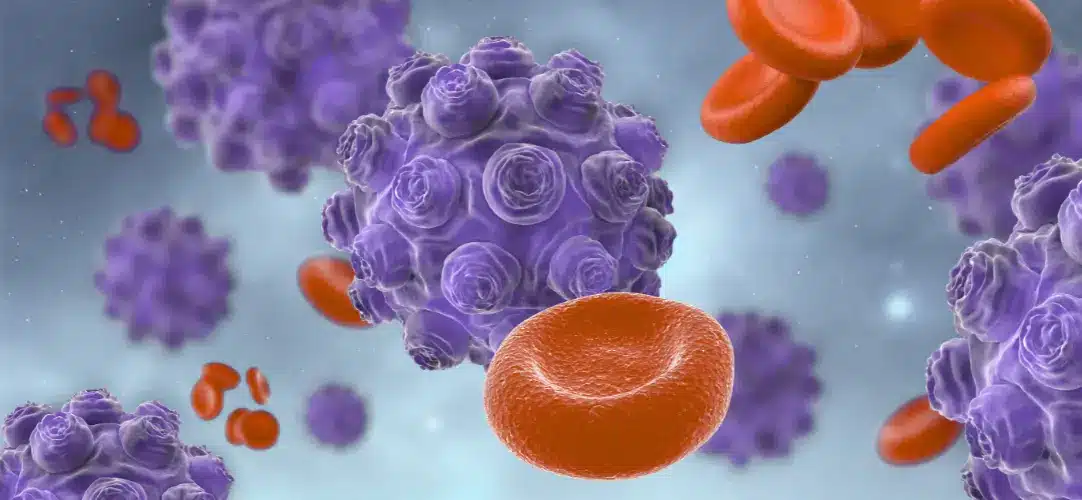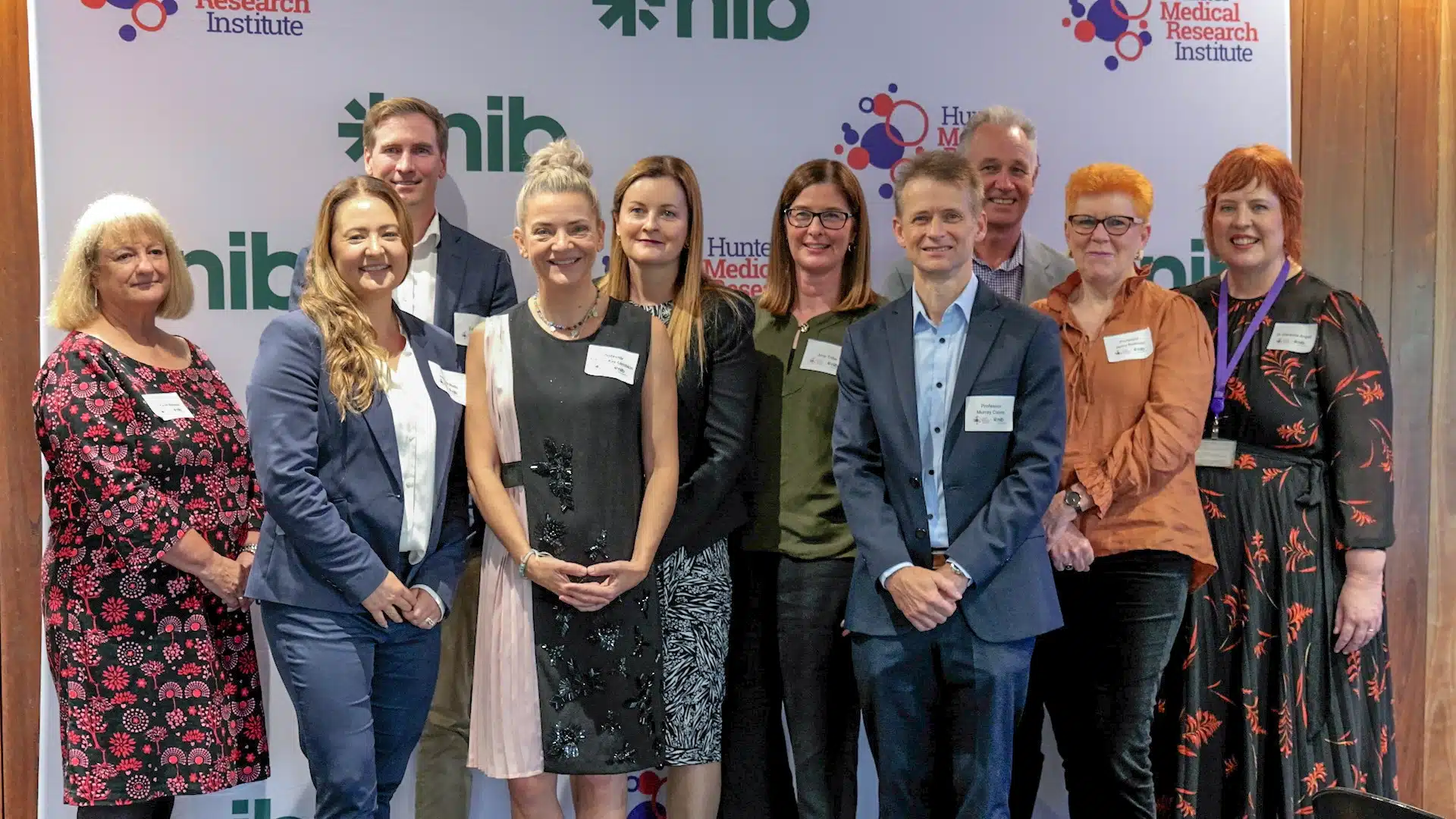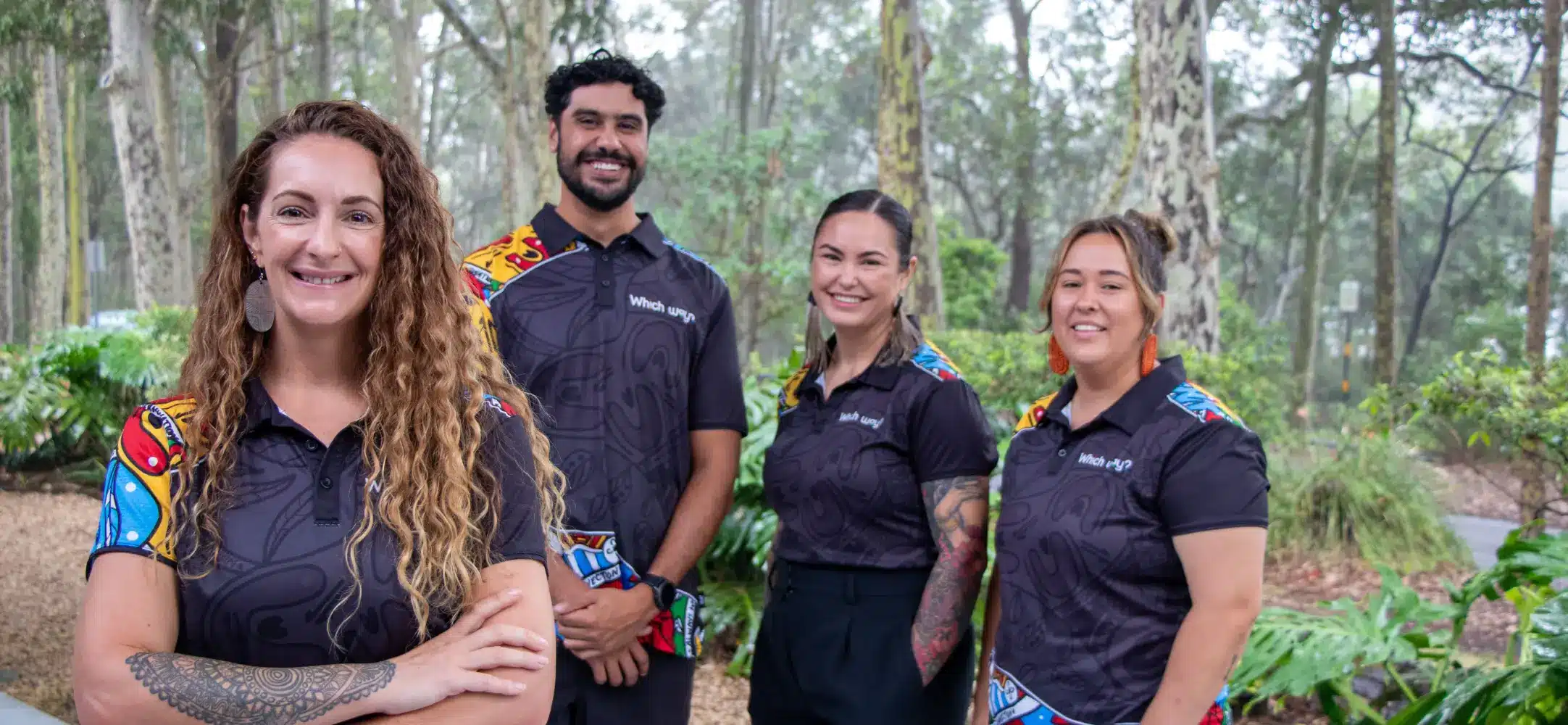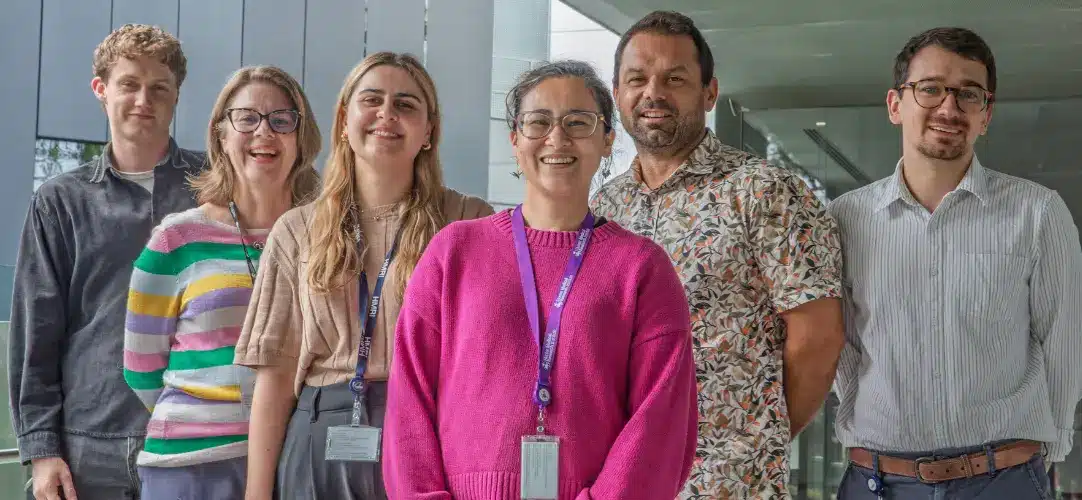Dr Jacinta Martin is a Lecturer in the College of Engineering, Science and Environment and part of the HMRI Infertility and Reproduction Research Program.
Jacinta works with a multidisciplinary group of researchers using human and animal models to characterise how reproductive toxicants/environmental exposures (such as PFAS) affect the health and development of offspring.
Jacinta has been nationally recognised as an emerging research leader in reproductive toxicology having been awarded the inaugural Royal Society of NSW ‘Bicentennial Early Career Research and Service’ citation.
Prior to returning to University of Newcastle in 2021, Jacinta was a postdoctoral research fellow in the laboratory of Professor Rima Slim at the McGill University Health Centre and McGill University in Montreal, Canada (2019-2021). Here, her research centered on elucidating the role of meiosis genes in the ontogenesis of molar pregnancies.
A molar pregnancy — also known as hydatidiform mole — is a rare complication of pregnancy characterized by the abnormal growth of the placenta. Jacinta’s work focused on determining the specific mechanisms behind recurrent mole formation using unique mouse models and RNA sequencing technologies.
Before relocating to Canada, Jacinta worked as part of the Mothers and Babies Research Centre at the Hunter Medical Research Institute under the supervision of Professor Kirsty Pringle, Jacinta’s research focused on understanding what underscores a healthy pregnancy.
Jacinta also completed a Bachelor of Biotechnology (Honours) and a Doctor of Philosophy (PhD) under the supervision of Professor Brett Nixon, Dr Elizabeth Bromfield and Laureate Professor John Aitken at the University of Newcastle (2019) focused on developing an understanding of the quality control mechanisms used by the egg and early embryo to ensure DNA quality.











